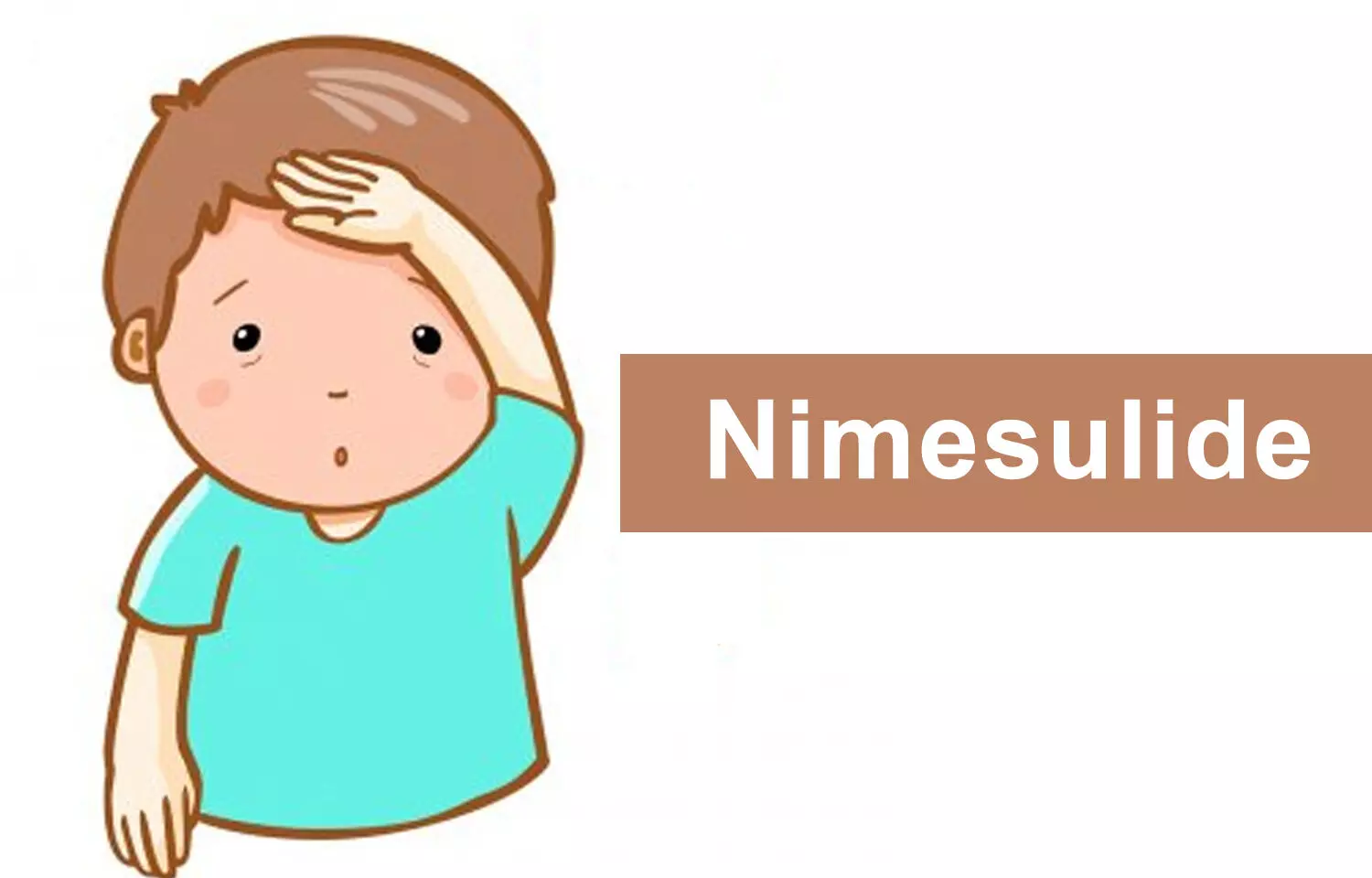Box Warning, Dose Limits: India Set To Tighten Nimesulide Use
- byDoctor News Daily Team
- 19 September, 2025
- 0 Comments
- 0 Mins

New Delhi:The Central Government has instructed pharmaceutical companies to include a prominent "Box Warning" on the widely used painkiller Nimesulide, following safety concerns raised by the nation's leading medical research organization, with the warning required on all product labels, cartons, inserts, and promotional materials to clearly outline limits on the drug's use. The DCGI has directed state authorities to make sure that all manufacturers clearly display these warnings on packaging and informational materials. According to a senior government official, who spoke anonymously to News18, "The move is aimed at protecting patients while keeping the drug available under restricted conditions for those who may benefit from it." Nimesulide, a non-steroidal anti-inflammatory drug (NSAID), was first introduced in Italy in 1985 but has never received approval in countries like the US, UK, Canada, Australia, Japan, or New Zealand due to safety concerns. In India, it was approved in 1995 for the treatment of pain, inflammation, and fever, gaining popularity for its fast-acting relief. The drug is sold under several brand names in India, including Nise, Nimrest, Nimopen, and Nicip, typically in 100 mg or 200 mg formulations. Earlier, the Team had reported that Nimesulide, a widely used painkiller in India, was facing renewed regulatory scrutiny over its safety profile, with India's apex drug advisory committee recommending that the drug not be used as a first-line treatment and that high-dose oral formulations above 100 mg be prohibited. The DTAB examined an Indian Council of Medical Research (ICMR) report on the drug’s effects in adults and recommended several restrictions. While acknowledging that Nimesulide remains effective for short-term fever relief, the board advised that it should only be used as a second-line treatment, after exhausting first-line options. The DTAB also supported ICMR's recommendations to prohibit oral formulations of Nimesulide above 100 mg in immediate release form and advised against its use in pregnant or lactating women, those planning pregnancy, and patients with liver or kidney impairment. It also recommended avoiding co-administration with other hepatotoxic or nephrotoxic drugs. Further, the committee has asked ICMR to conduct a systematic review of the drug’s use in vulnerable age groups—including children below 12, adolescents between 12 and 18, and seniors above 60—for future deliberation. Last year, amid concerns about Nimesulide’s potential to cause liver damage, the Union Health Ministry asked the ICMR to review its safety in adults. While the ICMR had initially considered a nationwide ban, the DTAB directed a detailed evaluation in specific populations. The resulting report recommended banning all formulations above 100 mg and including a “black box” warning on all products containing the drug. Now in continuation, according to a News18 report, the Drugs Controller General of India (DCGI) has instructed state regulators to ensure that manufacturers comply with the updated labeling guidelines. A senior official toldNews18the measure aims to protect patients while permitting restricted use for those who may require the drug.
Disclaimer: This website is designed for healthcare professionals and serves solely for informational purposes.
The content provided should not be interpreted as medical advice, diagnosis, treatment recommendations, prescriptions, or endorsements of specific medical practices. It is not a replacement for professional medical consultation or the expertise of a licensed healthcare provider.
Given the ever-evolving nature of medical science, we strive to keep our information accurate and up to date. However, we do not guarantee the completeness or accuracy of the content.
If you come across any inconsistencies, please reach out to us at
admin@doctornewsdaily.com.
We do not support or endorse medical opinions, treatments, or recommendations that contradict the advice of qualified healthcare professionals.
By using this website, you agree to our
Terms of Use,
Privacy Policy, and
Advertisement Policy.
For further details, please review our
Full Disclaimer.
Recent News
Ketogenic diet may protect against stress experien...
- 03 November, 2025
STORM-PE Trial: Mechanical Thrombectomy Shows Supe...
- 03 November, 2025
AIIMS INI CET January 2026 admit cards released
- 03 November, 2025
3 pharma students drown in Payyambalam beach in Ke...
- 03 November, 2025
Daily Newsletter
Get all the top stories from Blogs to keep track.


0 Comments
Post a comment
No comments yet. Be the first to comment!